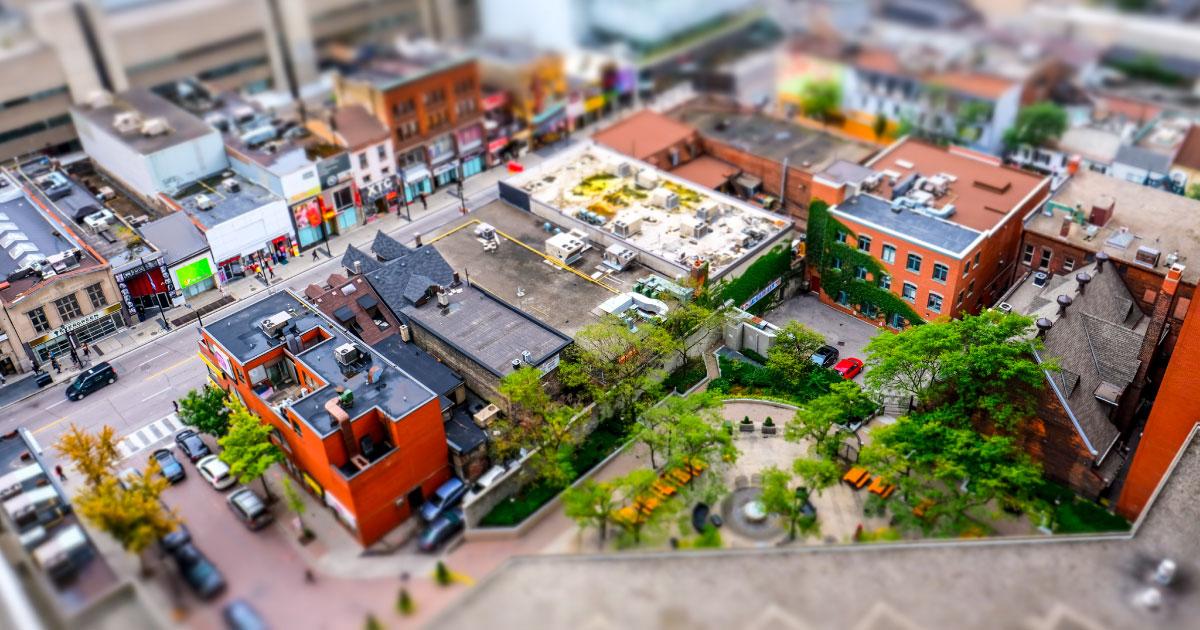[This article was originally published on our affiliate site PlanYourMeetings.com]
Event attendees are drawn to unique local experiences—whether it’s the signature hometown cuisine, craft beer and liquor made by the neighborhood brewer and distiller or accommodations that offer guests a greater sense of place. Gone are the days when people were content with staying in a hotel that could be in Anywhere, USA, and traveling for work without truly getting out and experiencing the destination.
At the same time, gone are the days of companies and organizations having enough staff and budget to plan every detail for travelers.
A solution to both challenges is the second-tier city: Smaller in size, but larger in charm and attentiveness—but there are other notable benefits planners can experience with second-tier cities.
1. Help marketing your event
In second-tier cities, convention and visitors bureaus (CVBs) will help you increase attendance at your convention and make your meeting planning easier. They can help provide:
-
Marketing materials ranging from brochures, photography and videos to tote bags and maps
-
Memorable conference spaces: move beyond a convention center and choose more unique space such as a historic home or (in the case of our experience in Lexington, Ky.) bucolic horse country estates
-
Post-meeting activities: develop a post-meeting itinerary or list of recommended spots to give guests a better sense of the city—history, live music, dining highlights and cocktail hot spots—all within walking distance of several convention centers.
2. Genuine Hospitality and Walkable Experiences
A downtown environment and area attractions are a top priority for events and conferences but can come with drawbacks in large cities. For mid-sized cities, downtown and neighborhood experiences provide the best of both worlds: genuine hospitality provided by locals and numerous local entertainment and dining options.
The local CVB can also provide maps and tour ideas for any gathering, adding to the value that second-tier cities offer professionals, families, women and seniors.
3. Specialized Services, Flight Options
For mid-sized cities, a central location with direct flight accessibility is a major selling point—especially if it’s not a coastal city.
These airports, though modest in size, can provide you with individualized attention to best serve your conference needs.
For example, Blue Grass Airport (LEX) serves 18 non-stop destinations via four airlines—Allegiant, American, Delta and United. With approximately 80 daily flights, Lexington, like many second-tier cities, is virtually one connection from anywhere in the world.
A more intimate airport also can work with meeting planners and airlines to ensure your conference travelers are looked after. Blue Grass Airport will gladly meet with planners to determine popular flight routes and can reach out to airline partners to inform them of your event needs. In many cases, airlines can add flights or provide larger aircraft to support conventions.
These airports also pride themselves on hospitality and a lasting first impression. Ask them to provide complimentary services for meetings and conventions.
-
Welcome greeting for your guests on television monitors leading to the baggage claim area.
-
Use of the Welcome Center in the baggage claim area to greet and/or register guests.
-
Complimentary passes to the airport-operated executive lounge for VIPs and speakers.
-
Premium bus service and limousine locations for guest pick-up and drop-off.
-
Advertising opportunities for your company and conference sponsors, including custom displays or welcome banners curbside along the terminal.
Conclusion
From the localized breakout experiences and memorable event space opportunities, to general accessibility, it’s clear that what second-tier cities may lack in size, they make up for in hospitality, convenience, attentiveness and local charm. Consider choosing a second-tier city for your next conference or event, and you’ll see the difference.

